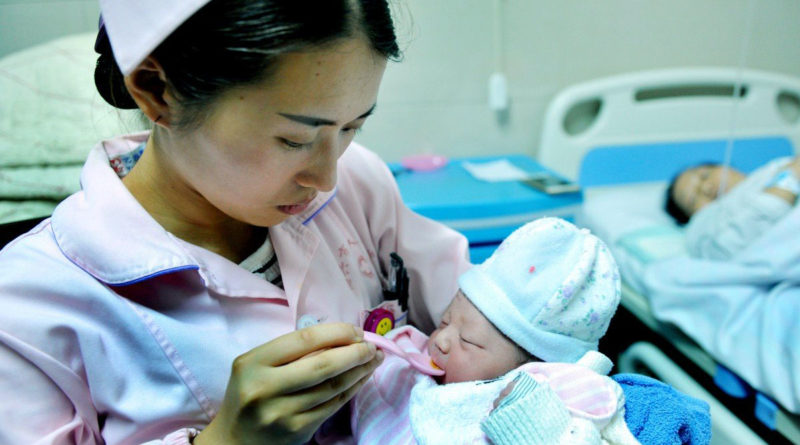China Testing AI to Screen Newborns for Genetic Disorders
Over the past few years, China has been attempting to integrate artificial intelligence into health care. This in part to improve efficiency but also to help fight the labor shortage which is affecting the industry. China has already put AI to use in early diagnosis attempting to predict flu outbreaks, check for chronic diseases and diagnose cases of cancer. Now they are using it to help screen newborns.
Researchers from the Shanghai Children’s Medical Center and the Shanghai Pediatric Center have developed AI-powered software that can help screen newborns for genetic disorders by scanning their faces. It can detect more than 100 conditions including Cornelia de Lange syndrome (CdLS) and Down Syndrome.
AI Scans Photos and Videos of Newborns for Signs of Disorders
The deep learning algorithms analyze face scans, photos and videos to see if there might potentially be an issue. For example, facial features of children diagnosed with CdLS include thin eyebrows that often meet at the midline, long eyelashes, short upturned nose, thin downturned lips, low-set ears, and high-arched palate or cleft palate. Those with Down syndrome may have tiny white spots in the colored part of their eyes and flatter faces.
According to a state report, the AI tool would be used for the initial screening helping to avoid missed or incorrect diagnoses of newborns. The software will also be used to review past medical records for facial profile patterns and make use of that data to help diagnose new cases.
The software is on a trial run in Shanghai, where pediatricians upload and submit photographs or videos taken from patients for screening of suspected disorders. No word yet on if the program will be expanded to other medical facilities in the country.
Check out our articles on a Korean snow removal robot and using facial recognition to find lost dogs.

